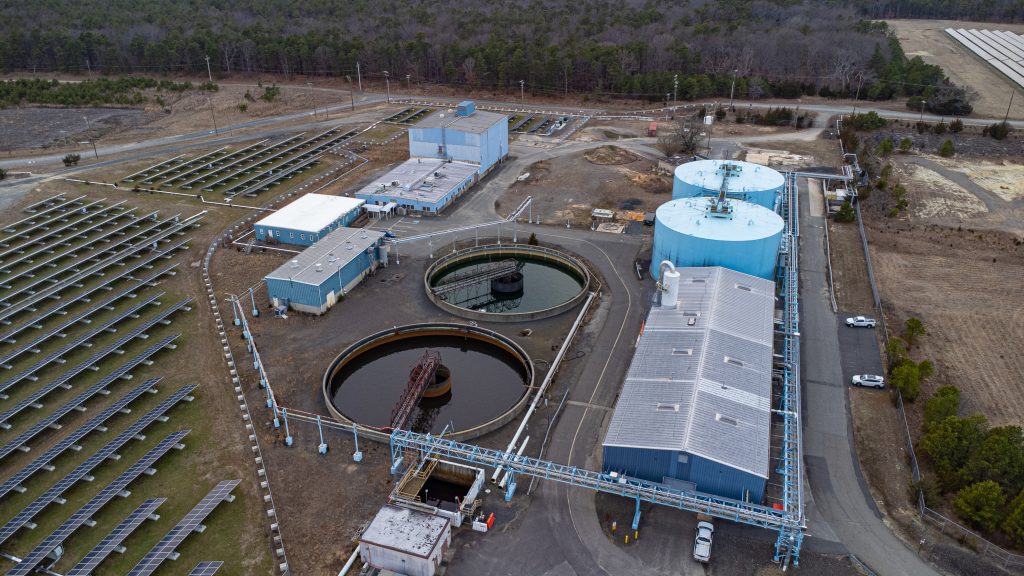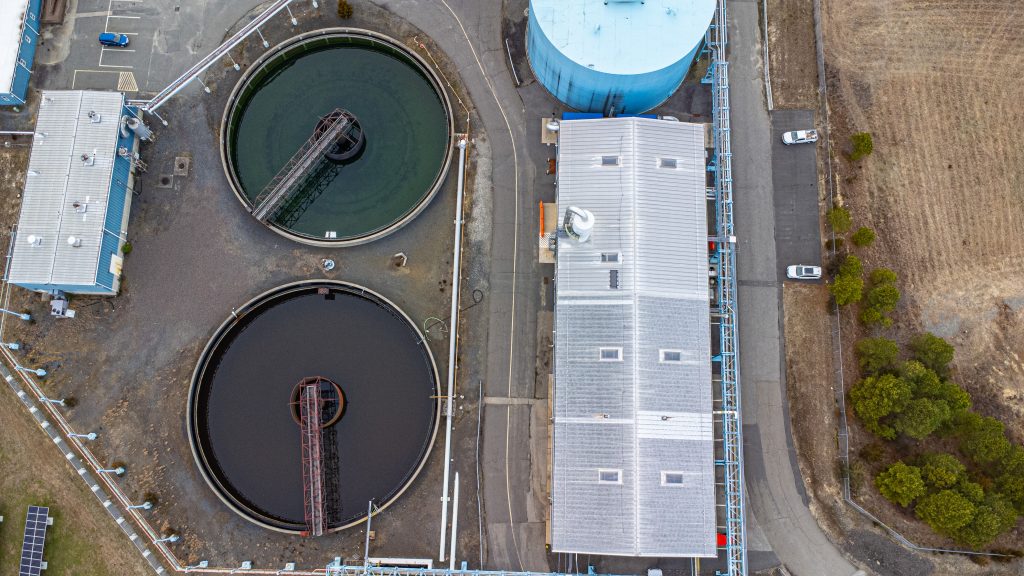The Toms River Township council on Tuesday night adopted an ordinance that prohibits conservation easements being applied to properties in the township’s two industrial zones – a potential roadblock for Trenton officials who favor a controversial settlement with BASF, the German corporation that now owns the Ciba-Geigy Superfund site.
In December, the state Department of Environmental Protection proposed a settlement with BASF in which there was no financial penalties imposed on the company. BASF would donate about 1,000 acres to the state which would be placed under a conservation easement with the aim of turning the contaminated property into a park with walking trails and a museum. The plan, hatched without any input from local officials, has been derided by residents, council members and environmental advocates as a “sweetheart deal” that would allow BASF to avoid establishing a victims’ compensation fund while retaining about 250 acres that, theoretically, could be developed into commercial space. Adding to the frustration was the $17 million Toms River taxpayers were forced to turn over to BASF after the company filed a tax appeal and represented the property as being all but worthless.
The Ciba-Geigy site has been linked to a cancer cluster in Toms River, as well as environmental degradation of soil and waterways.
The ordinance passed by township officials would require local approval before conservation easements could be applied to the industrial zone, effectively blocking one portion of the settlement from being executed.
Toms River officials received support from Save Barnegat Bay, which has been advocating against the state’s settlement.
“Contaminated property is often not useful for environmental conservation purposes,” said Britta Forsberg, executive director of Save Barnegat Bay. “A property owner should not be entitled to unilaterally change the industrial zoning of property by being able to place a conservation easement on top of it without the review of the township.”
Some residents have argued the site is too contaminated to be turned into a park of any sort, and would require significant portions to be declared off-limits to humans.
“We all know the DEP is looking to place a conservation easement on the Ciba-Geigy site,” Forsberg said. “It was something that BASF and DEP had in the works for some time. DEP actually called us a few months ago asking us to endorse the idea, even though we knew nothing about it at the time. Their plan calls for some things that may be useful, but calls for some things that may not be useful.”
A large portion of the site, a 1,200 acres former dye manufacturing plant, has already been developed with solar panels, which officials have decried as a windfall for BASF with no benefit to the township. The solar panels, ironically, would not normally be allowed to be built in an area with a conservation easement, as state law restricts their construction in such areas. In Toms River, the property is also populated with the endangered northern pine snake, which also could preclude further development.
Whether the ordinance creates a kink in the state’s plans for the site is yet to be seen, however local officials have expressed significant opposition to Trenton’s unilateral approach to the settlement – a rebuke of the “home rule” doctrine that has long been debated in New Jersey.
“The unilateral placement or recording of a deed restriction or conservation easement by a property owner which is not part of an approved plan for development approved by the Township Planning Board or Zoning Board of Adjustment” is banned, the ordinance states.
Mayor Maurice “Mo” Hill has previously endorsed the ordinance.
“They’ve made a decision to take 1,000 acres and call it a conservation zone or easement,” said Hill. “That should be done by the township, not the state.”
After a massive public outcry, the state agreed to extend a public comment period on the settlement and hold a public meeting in Toms River on Monday, March 13, at 6 p.m. at Toms River High School North. The public comment period expires April 5.
Read the Ordinance:


Police, Fire & Courts
Toms River Man Sentenced to Prison for Assault, Eluding, Robbery, Threats









